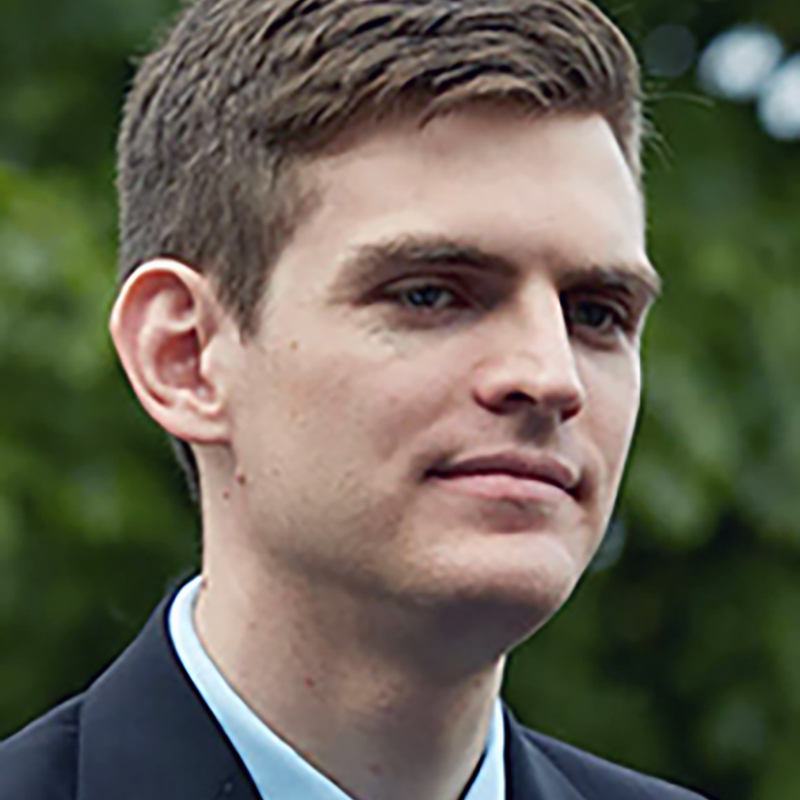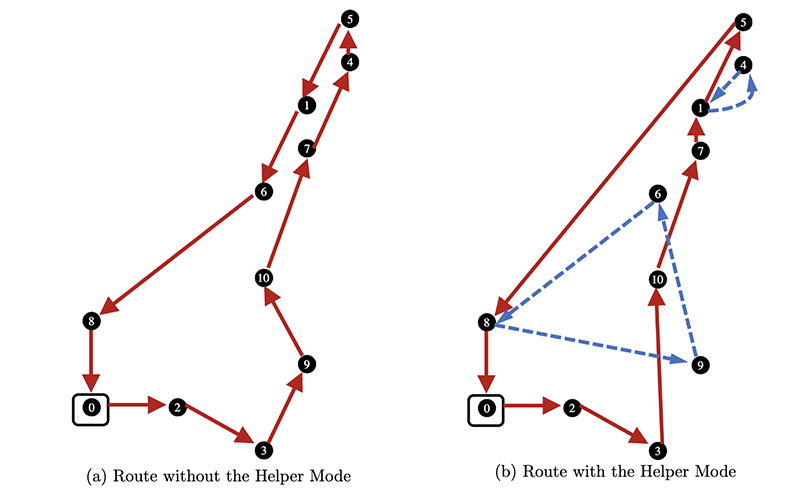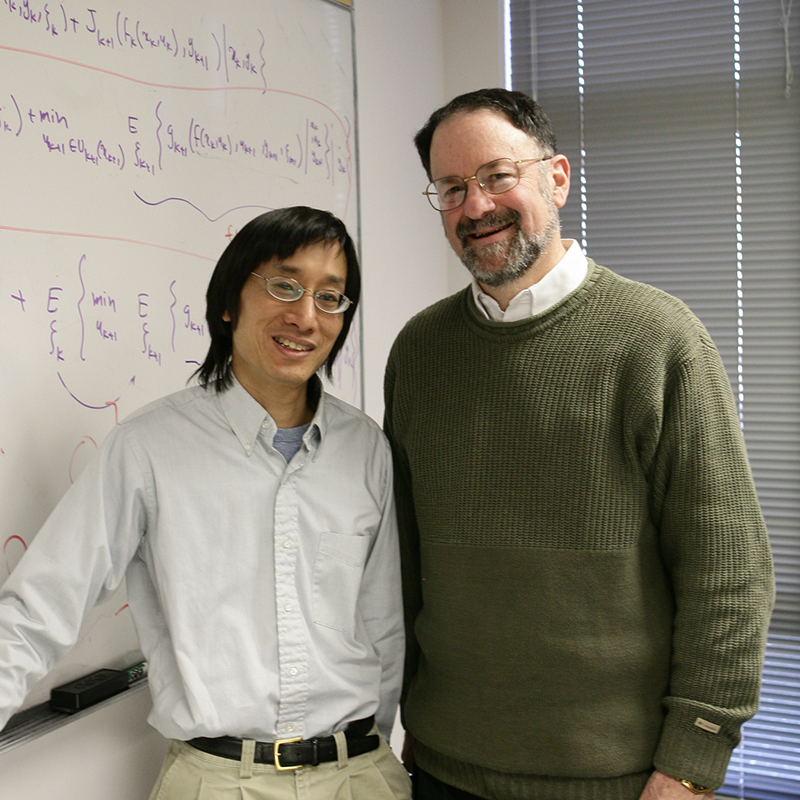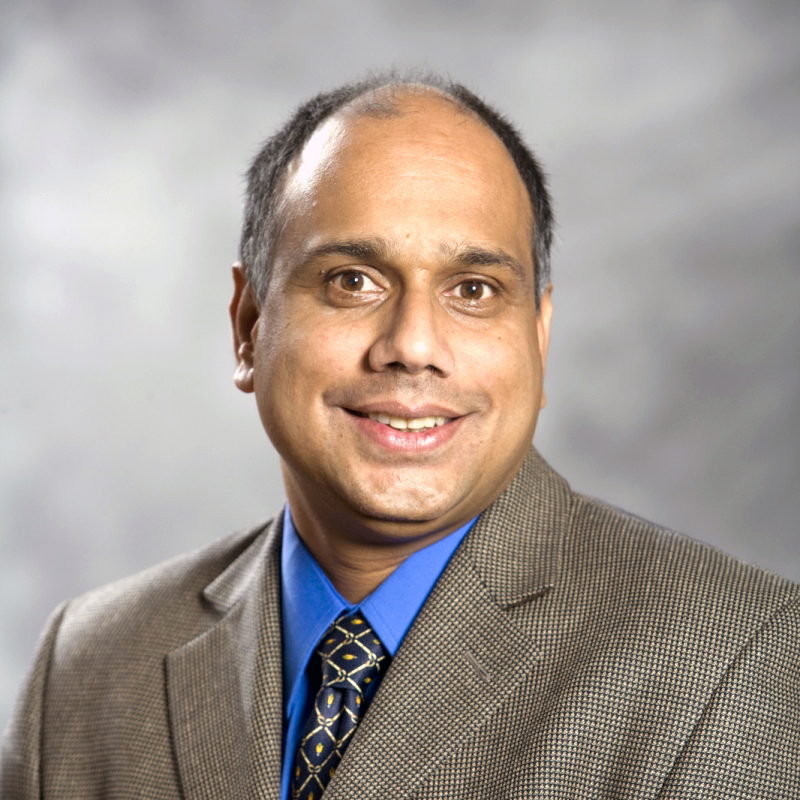News Story
Marcus, Fu receive NSF grant for optimization research
Professor Steve Marcus (ECE/ISR) is principal investigator and Professor Michael Fu (BGMT/ISR) is co-principal investigator on a three-year, $340K NSF Operations Research grant, A New Approach to Nonconvex Risk-Sensitive Stochastic Optimization.The research will develop a new framework for incorporating risk into sequential decision making under uncertainty. The two pillars of the approach are cumulative prospect theory and dynamic risk measures. The framework builds on both of these research streams to formulate a single theory that integrates subjective preferences in human behavior with normative decision-making objectives. Existing utility-based dynamic models cannot handle the nonconvexity implied by the behavioral models of prospect theory, whereas the framework allows the probability weighting found in cumulative prospect theory to be combined with the usual outcome weighting of traditional expected utility formulations in a sequential decision-making model that incorporates both types of risk sensitivity. The framework will be used to develop efficient dynamic programming sampling and simulation-based methods for risk-sensitive optimization and control problems, and to investigate how the new modeling of risk-sensitivity affects the behavior of decision makers.
The research will provide an alternative framework for decision making under risk to currently existing approaches. The framework unifies the predominantly descriptive research stream of prospect theory coming primarily from psychology and behavioral economics with the normative approaches generally associated with the microeconomics and operations research communities. From this new approach arise a host of challenges, both theoretical and computational. Algorithms will be developed that can be used to address practical operational and tactical decision-making problems arising in a wide variety of application areas, from manufacturing and supply chain management to service systems, including health care, transportation, and financial engineering.
Published March 14, 2014






